Sister Projects
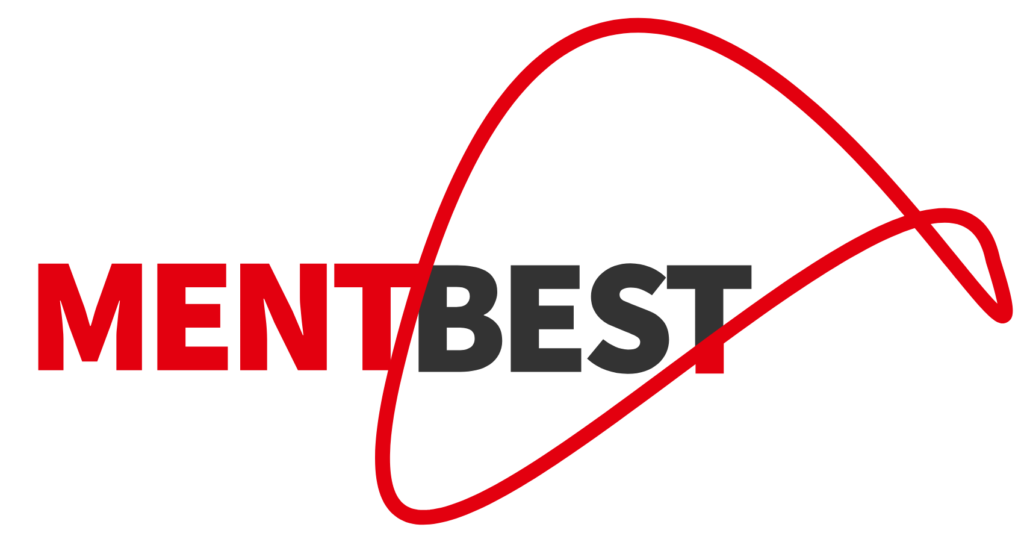
MENTBEST – PROTECTING MENTAL HEALTH IN TIMES OF CHANGE
MENTBEST proposes the use of proven community-based interventions and innovative technologies to prevent and mitigate the mental health challenges associated with dramatic and rapid change in Europe, focusing on five vulnerable groups: migrants/refugees, older people, younger people, long-term unemployed, and those with mental disorders.
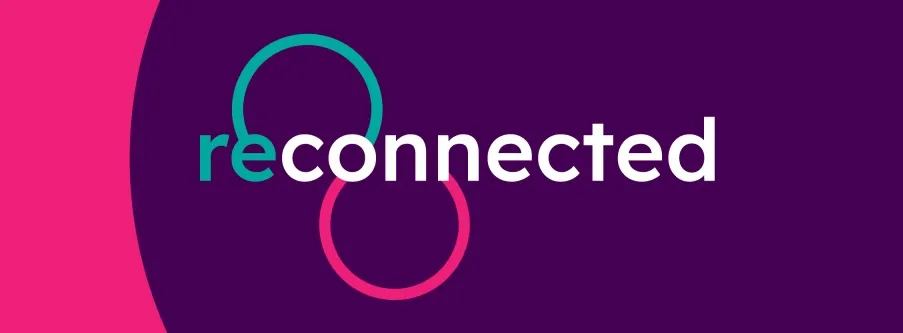
RECONNECTED – Complex System Approach towards Resilient and Connected vulnerable European communities in times of change
RECONNECTED is a response to multiple global developments that impact the daily life and wellbeing of European citizens. The project aims for a better understanding of how these developments influence the mental health of European citizens and offers digital solutions to nine vulnerable communities with the aim to protect their mental health.

ADVANCE – Addressing Mental Health Vulnerabilities from Adolescence to Older Age: innovating prevention science for times of change
ADVANCE is a project that aims to improve our understanding on mental health promotion and prevention. It will develop guidance and methodologies for creating, adapting, implementing, assessing, and expanding effective mental health initiatives for key diverse groups in European countries.
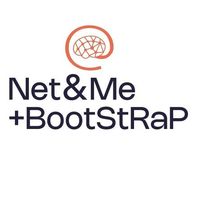
BootStRaP – Boosting Societal Adaptation and Mental Health in a Rapidly Digitalizing, Post-Pandemic Europe
The BootStRaP project aims to address and reduce the risks of harmful internet use among teenagers—the online generation. The BootStRaP study follows the success of the European Network for Problematic Usage of the Internet (2018–2022), which significantly advanced global understanding of the links between health, internet use, and problematic behaviors’.

IMPROVA – Boosting Teen Mental Health in Europe and Beyond
IMROVA aims to empower adolescents and families to make better decisions regarding their mental health and provides schools and the community with tools to achieve a society with better mental health and lower stigma. The project will test and evaluate the adoption of an eHealth platform focused on promoting mental health and early-detecting mental health issues in secondary schools across Europe.
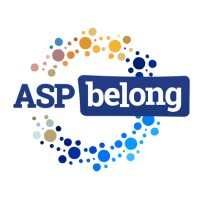
ASP-Belong – Augmented Society Play
ASP-Belong project will develop unalone (working title), the first full-scale Augmented Social Play experience for early adolescents, for widescale adoption in schools around the world. The project’s long-term goal is the wide-scale adoption of ASP, making multiple smartphone-delivered group interventions accessible in a diverse range of populations and setting.
Horizon Europe Health Projects Networking Meeting
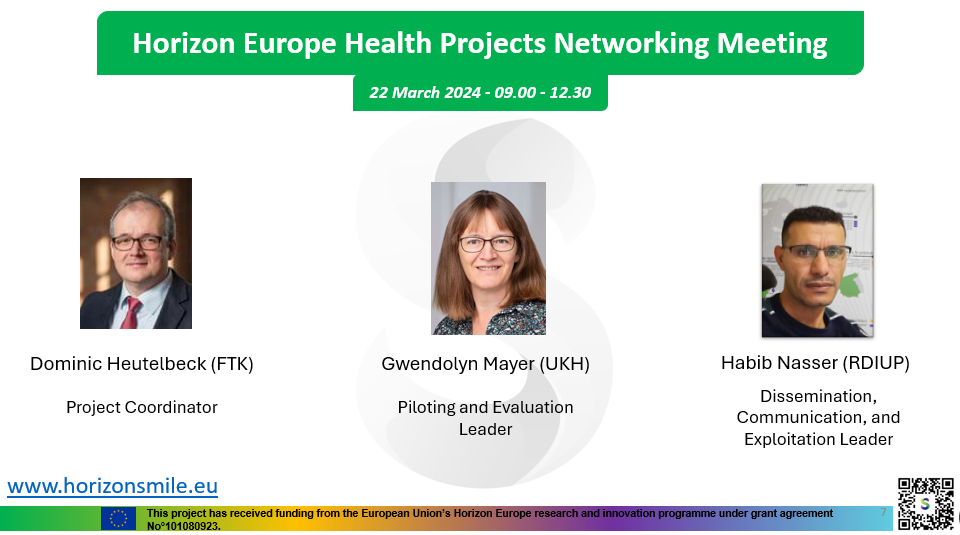
On March 22, 2024, SMILE team participated in the Networking Meeting for projects from the Horizon Europe Health Cluster. Organised by the European Health and Digital Executive Agency (HaDEA), this meeting aimed to trigger collaboration among projects working on similar issues. Representatives from both HaDEA and the European Commission were present.
SMILE Team Members Present:
- Dominic Heutelbeck: Project Coordinator from FTK.
- Gwendolyn Mayer: Piloting and Evaluation Leader from Heidelberg University Hospital.
- Habib NASSER: Dissemination, Communication, and Exploitation Leader from RDIUP.
In breakout sessions, the SMILE team had the opportunity to showcase its activities alongside other inspiring projects. These interactions allowed us to explore potential synergies and exchange knowledge on our respective goals.
The Horizon Europe Health Cluster Networking Meeting proved to be a fantastic platform for us to expand our network, connect with other EU-Funded mental health projects, and explore avenues for collaboration. This is a significant step forward in elevating our project to new heights and making a real difference!
Joint Action – Mental Health Dialogues Webinar Series
Webinar #1 How to get Co-Creation right in Mental Health Research
In celebration of the European Mental Health Week 2024, the SMILE project held its first joint webinar on May 15, 2024, with 7 European Projects committed to promoting effective co-creation practices that contribute to more impactful and meaningful mental health research.
The joint webinar on How to get Co-Creation right in Mental Health Research is in cooperation with the European and Digital Health Executive Agency and Mental Health Europe. It provided valuable insights into best practices for co-creation in mental health research through moderated discussions and audience participation. Programme available HERE.
Moderator: Luiska Sanna From Mental Health Europe
Opening Speech by Mirjam BORSTNIK GERGELY, Deputy Head of the Health Research Unit, HaDEA.
Panelists:
- Arlinda Cerga Pashoja from MENTBEST.
- Claudia de Freitas from ADVANCE.
- Celia Sales from BootStRaP.
- Mel McKendrick from SMILE.
- Kate Woodcock from ASPbelong.
- Rodrigo Antunes Lima from IMPROVA.
- Kathrin Schopf from RECONNECTED.
Thanks to ADVANCE project for hosting this webinar. Thanks to the SMILE organising partner, RDIUP, and to all organising partners from the 7 European projects. Access the Summary Doc HERE.
Pre-gister to our upcoming webinars: https://ec.europa.eu/eusurvey/runner/JointWebinar2024
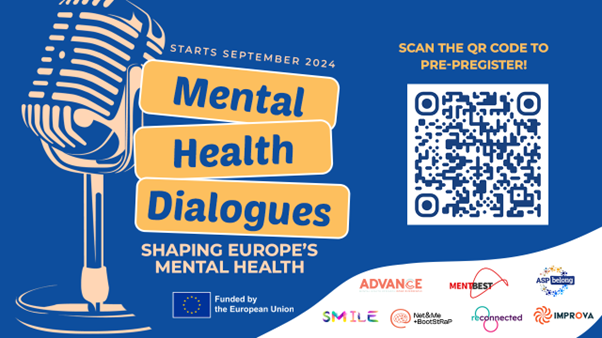
Webinar #2 Digital Applications in Mental Health Support
In Celebration of the World Mental Health Day 2024, the SMILE project hosted the second joint webinar from its series on October 04, 2024, with 7 European Projects commited to leverage the latest technology advancements to advance mental health support.
The Joint Webinar on Digital Applications in Mental Health Support, is in cooperation with the European and Digital Health Executive Agency and the European Public Health Association. It provided valuable insights into the application of digital solutions in the seven European projects, the data privacy and security, the user adherence and engagement, and the human-in-the-loop approach. For more details view the full programme HERE.
Moderator: Charlotte Marchandise, European Public Health Association.
Opening Speech by Stéphane Hogan, Head of Health Research Unit, HaDEA.
Panellists:
- Habib Nasser, RDIUP – SMILE
- Annet Kleiboer, Vrije Universiteir Amsterdam – Reconnected
- Caroline Allenhof, Deutshe DepressionShilfe – Mentbest
- Nanna Iversen, Monsenso – Mentbest
- Rudiger Pryss, University of Wurzburg – IMPROVA
- Hans-Jurgen Rumpf, University of Lubeck – BootStRaP
- Anne De Graaff, World Health Organisation – ADVANCE
- Joao Dias, University of Algarve – ASPbelong
Access the Full Webinar Report HERE.
For an in-depth look at Habib Nasser’s intervention, representing the SMILE Project, read the Non-Scientific Article HERE.
Webinar #3 Mental Health for All: How to Reach Vulnerable Groups in Research
On February 04, 2025, with 7 European Projects, we’ve organised our third webinar on „Mental health for all: how to reach vulnerable
groups in research“, where we’ve explored strategies to engage young people in research, approaches to reaching and supporting vulnerable communities, and the importance of peer-to-peer collaboration with lived experience. For more details view the full programme HERE.
Moderator: Prof. Benedikt Amann, Hospital del Mar Research Institute.
Opening Speech by Prof. José Luis Ayuso Mateos, Professor of Psychiatry and Director, World Health Organisation Collaborating Center, Universidad Autónoma de Madrid.
Panelists:
- Gwenodyln Mayer, Universität Heidelberg – SMILE
- Minja Westrlund, University of Turku – Reconnected
- Daniela Gatto, Hospital del Mar Research Institute – Mentbest
- Hester Sijtsma, Vrije Universiteit Amsterdam – IMPROVA
- Ella Sheltawy, Euro Youth Mental Health – BootStRaP
- Maria Marti Castaner, Copenhagen university – ADVANCE
- Valeria Motta, University of Birmingham – ASPbelong
Access the Full Webinar Report HERE.
Thanks to Mentbest project for hosting this webinar. Thanks to the SMILE organising partner, RDIUP, and to all organising partners from the 7 European projects.
Webinar #4 From Research to Real-World Implementation: Challenges and Lessons learned in eHealth for Mental Well-being
On May 13, 2025, 7 European Projects came together to co-organise the fourth webinar in our joint Mental Health Dialogues Series, titled „From Research to Real-World Implementation: Challenges and Lessons Learned in eHealth for Mental Well-being“. Held in celebration of the European Public Health Week (EUPHW) and in collaboration with the European Public Health Association (EUPHA), the event was also featured on the EUPHA live events website.
This session spotlighted the real-world challenges and lessons learned in implementing digital mental health solutions across Europe. From engaging users in co-design to overcoming technical and systemic barriers, and identifying policy and funding gaps, the discussion brought valuable insights into bridging the gap between research and practice. View the full programme HERE.
Moderator: Rocío García-Carrión, Universidad de Deusto.
Opening Speech by Sara Brazys, Project Officer, European Health and Digital Executive Agency (HaDEA).
Panelists:
- Mel McKendrick, Heriot-Watt University – SMILE
- Felix Bolinski, Trimbos-instituut – IMPROVA
- Marianna_Purgato, University of Verona – ADVANCE
- Claire van Genugten, Vrije Universiteit Amsterdam – Reconnected
- Roberto Mediavilla, Universidad Autónoma de Madrid – Mentbest
- Vitor Alexandre Coelho, ATV – Académico de Torres Vedras – ASPbelong
- Lior Cami, Reichman University – BootStRaP
Access the Full Webinar Report HERE.
Special thanks to the IMPROVA project for hosting this webinar. Thanks to the SMILE organising partner, RDIUP, and to all organising partners from the 7 European projects for making this event possible.
Horizon Results Booster
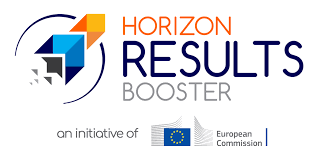
SMILE has collaborated with three sister projects: BootStRaP, ADVANCE, IMPROVA within the Horizon Results Booster initiative. The projects group named SABIA – Supporting Emotional Wellbeing for Improved Welness – has successfully completed the First service – Portfolio Dissemination & Exploitation Strategy, including:
- Module A “Identifying and creating the portfolio of R&I project results”
- Module B “Helping projects from the portfolio to design and execute a portfolio dissemination plan”.
The SABIA Cluster has now a Common Portfolio Dissemination Plan (PDP) – Design and Execution, as well as common dissemination materials, including a Factsheet and a Video.